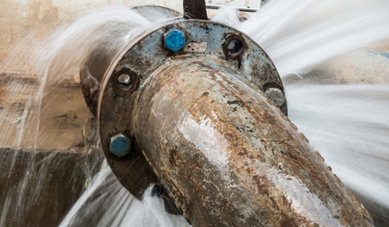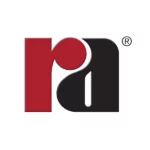Home » News & Articles » Stop Corrosion Before It Starts
Corrosion can occur when an alloy is exposed to moisture and other elements or chemicals which cause the material to deteriorate. Rolled Alloys has put together a list of tips to help you avoid corrosion.
- Choose Stainless Steel: Although all metals can corrode, stainless steels are more resistant to corrosion than other alloys.
- Know your environment: If you don’t know the conditions (acidity, temperatures, loads, other service needs), the wrong alloy can be selected and corrosion be severe. Example: a typical rule of thumb is that corrosion rates double for every ten degree (centigrade) increase in temperature, for a given concentration of an acid.
- Avoid crevice corrosion: Welding and the use of gaskets and proper drainage can reduce access to the crevice.
- Make sure metal surface stays clean and dry: A routine cleaning schedule will reduce the chance of build up where crevices start.
- For applications in or near salt water, stainless steel will corrode in the presence of salts (chlorides). Using a more resistant alloy, like ZERON® 100 or AL-6XN® will provide better protection.
We have an extensive inventory of corrosion resistant alloys. To learn more about them, click here for our duplex stainless steels or click here for our conventional stainless steels.
If you have technical questions, please contact Rolled Alloys Metallurgical Services at 1-800-521-0332. You can also submit questions and requests through our website below!
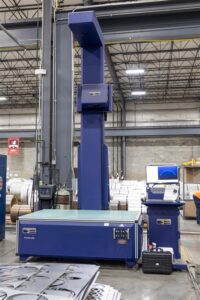
The Value of Cut Part Inspection
Modern metal fabrication demands fast, accurate cut metal inspection to keep up with high-volume production and tight tolerances
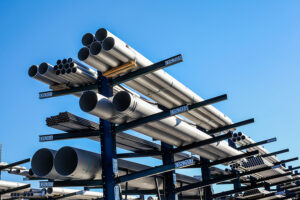
RA 253 MA® vs 309/310
Comparing RA 253 MA® and 309/310: Performance, Durability, and Applications
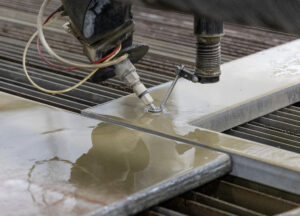
5-Axis Waterjet Beveling
A 5-axis waterjet cutting machine is an advanced CNC cutting tool that uses a high-pressure stream of water mixed with abrasive (usually garnet) to cut
Never Miss an Update - Subscribe Today!
Get application insights, material guides, and technical answers straight from the leaders in high-performance alloys.
Share:
QUOTE, BUY, TRACK
We make it easy to get instant pricing and purchase your metal at the click of a button. Track your order progress, get notified when it ships, and follow your shipment online until it’s delivered. It’s that easy!
Latest Articles
The Value of Cut Part Inspection
Modern metal fabrication demands fast, accurate cut metal inspection to keep up with high-volume production and tight tolerances
RA 253 MA® vs 309/310
Comparing RA 253 MA® and 309/310: Performance, Durability, and Applications
5-Axis Waterjet Beveling
A 5-axis waterjet cutting machine is an advanced CNC cutting tool that uses a high-pressure stream of water mixed with abrasive (usually garnet) to cut through metals and other materials.
AL-6XN Case Study
AL-6XN® Case Study AL-6XN® Resisted corrosive environments at indianapolis power and light for over 5 years Specifications UNS: N08367 ASTM: B 688, A
A Smarter Way to Order Metal Online
Introducing updates to the Rolled Alloys eCommerce experience designed for speed, clarity, and control.

